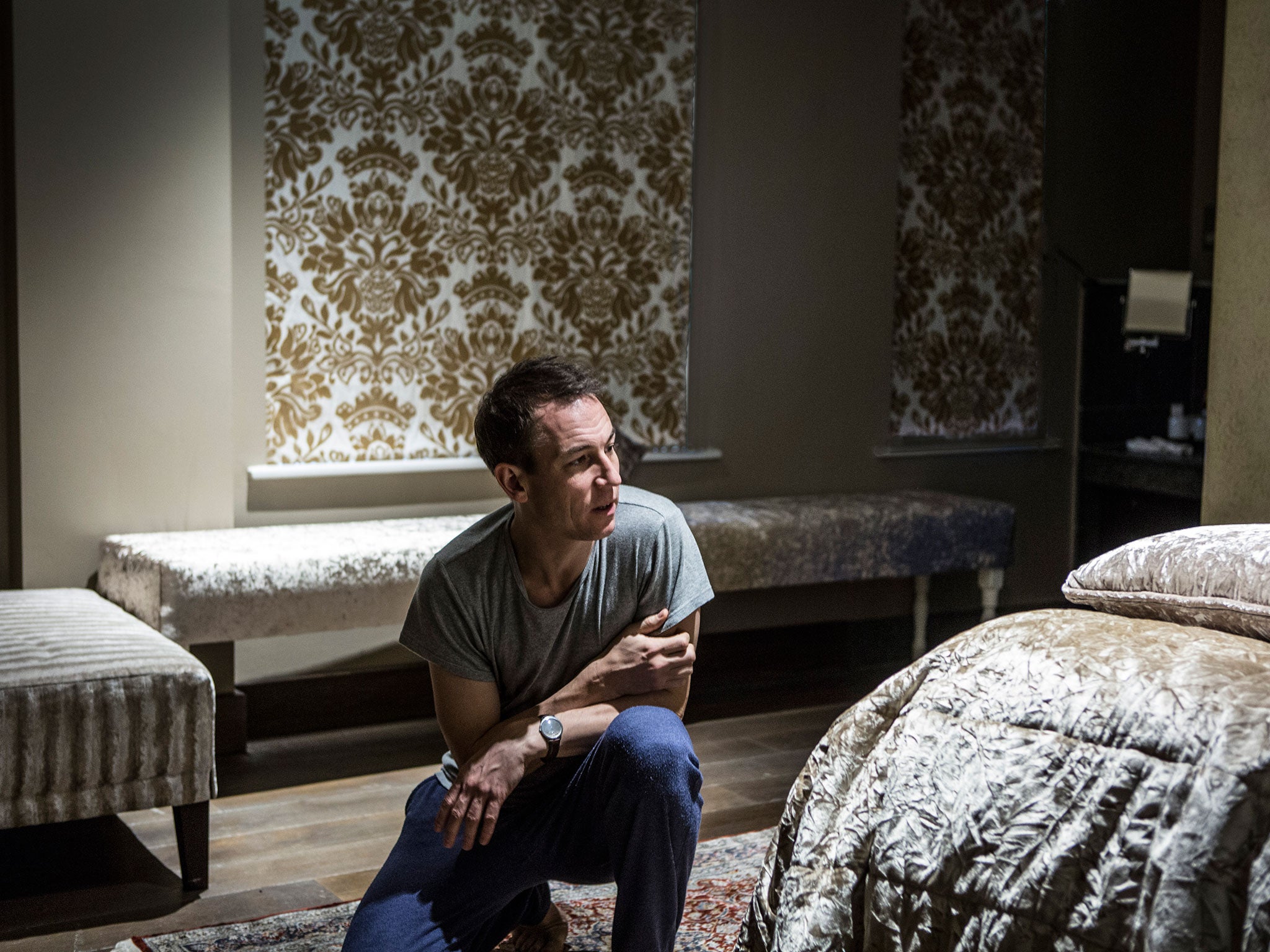The Fever, May Fair Hotel, review: Guilty pleasures in a long dark night of the soul
More reminiscent of 'King Lear' than a Marxist sermon

Your support helps us to tell the story
From reproductive rights to climate change to Big Tech, The Independent is on the ground when the story is developing. Whether it's investigating the financials of Elon Musk's pro-Trump PAC or producing our latest documentary, 'The A Word', which shines a light on the American women fighting for reproductive rights, we know how important it is to parse out the facts from the messaging.
At such a critical moment in US history, we need reporters on the ground. Your donation allows us to keep sending journalists to speak to both sides of the story.
The Independent is trusted by Americans across the entire political spectrum. And unlike many other quality news outlets, we choose not to lock Americans out of our reporting and analysis with paywalls. We believe quality journalism should be available to everyone, paid for by those who can afford it.
Your support makes all the difference.What gives us the right to be better off than the poor? How can we enjoy the privileges of a comfortable life in a Western democracy when these advantages owe so much to the misery of the exploited in repressive regimes? Why do we insist on demanding more of the best for ourselves and our children when other people have next to nothing? These questions, which a lot of us spend our lives trying to ignore, are implacably raised in Wallace Shawn’s unsparing 100-minute monologue, which is revived now by the Almeida in Robert Icke’s powerful, site-specific production.
Shawn always wanted the piece “to arouse thought and action, not appreciation and enjoyment” and so initially performed it in apartments, and private homes, resembling – in John Lahr’s description – “a Marxist Ancient Mariner” – eschewing a conventional theatrical set-up. The twist in the Almeida revival is that Tobias Menzies delivers the monologue in a luxury hotel suite to an audience of just 25 people each night. A verbal attack on exclusivity unfolds, discomfitingly, in an exclusive environment, with glasses of wine and bowls of posh chocolates laid out for the punters’ delectation as they await the arrival of the actor.
There is another ironic aptness in the location, for the monologue keeps returning to the long dark night of the soul when the speaker, taken ill in a hotel room in some unnamed developing world dictatorship, succumbed to all-encompassing guilt about the gulf between the haves and have-nots. Shawn has written that the role is “designed to fit a very wide spectrum of performers”. Barefoot, in a grey T-shirt and casual trousers, the excellent Menzies is the essence of a well-bred, liberal-minded English thirtysomething. He’s sensitive, affable, intimate, and hypnotic as he stares into our eyes tries to win us over to the idea that there’s no morally respectable justification for our pampered way of life and he makes us almost taste the “horrible rotting lovelessness” of his alienated state.
The Fever has been decried by critics such as Frank Rich as “a musty radical chic stunt destined to be parodied”. But here it seems more than ever to be not a wallowing in liberal guilt but a shrewd analysis of why such guilt is not enough. When we are ushered through to the plush, untidy bedroom, Menzies’ speaker suggests both slow-release mental breakdown and angry, intense lucidity.
He describes not just the twisted thought-processes and the barbarous lengths to which prosperous liberals will resort to hang on to their privileges but the impotence of bleeding-heart compassion. Sympathy will not improve the life of the poor; a philosophy of gradual change will better their lot, nor will artists who fashion works of art that inspire fellow-feeling with their condition.
Their misery will end only when they rise up against their oppressors. The luck of birth has not been divinely ordained; commodities do not drop from heaven with their prices on them. The Fever, in the final analysis, is reminiscent of King Lear rather than a Marxist sermon.
To 7 February (020 7359 4404)
Join our commenting forum
Join thought-provoking conversations, follow other Independent readers and see their replies
Comments